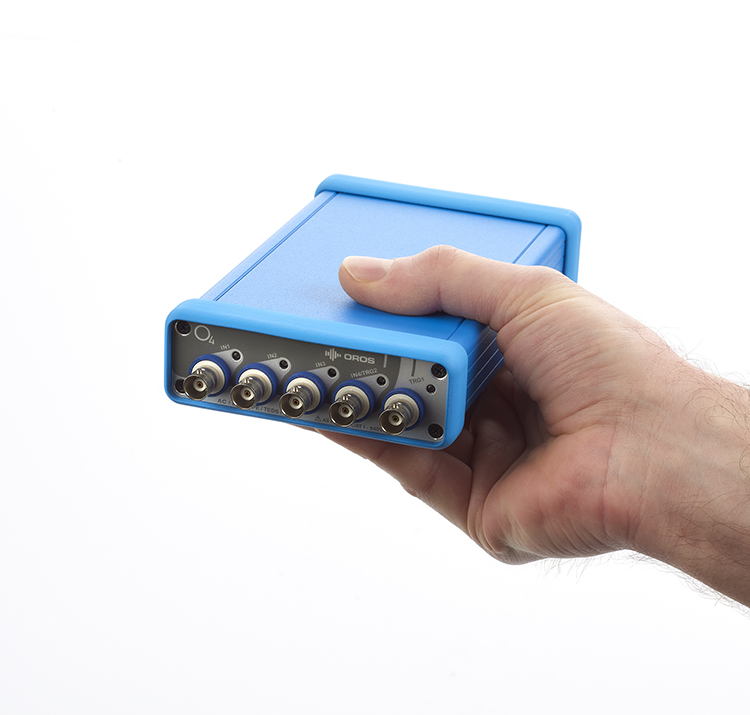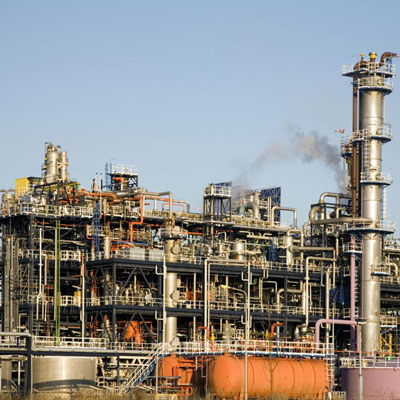
Webinar – Predicting the behavior of a structure using experimental modal analysis
How to improve reliability and comfort by predicting the behavior of a structure using experimental modal analysis?
Free registration
What is Structural Dynamics?
Structural dynamics is a type of structural analysis which finds out the behavior of a physical structure when it is subjected to dynamic loading. It includes Operating Deflection Shape (ODS) analysis and modal analysis, which shows the actual deflection patterns under certain operating conditions and identifies the inherent dynamic properties of a structure, respectively.
The structure property can be characterized by 3 modal parameters: Natural frequency, damping ratio, and mode shape. Given these parameters, the dynamic behavior of the structure in various situations can be predicted, enabling us to improve the product’s safety, comfort, reliability, performance, and so on.
Structural dynamics is used in different stages of product life cycle, from research and development, to validation and verification, to troubleshooting and diagnostic, and to health monitoring. It is very commonly used to solve a wide range of vibration related problems encountered in all kinds of industries and applications
How to perform structural dynamics analysis?
Structural dynamics analysis can be performed either based on analytical simulations, or experimental testing.
The results from simulation and testing are often compared to each other and see how similar they are. Then the model and testing setup are updated iteratively to minimize the difference in results, in order to provide better prediction of the dynamic behavior of the structure.
Experimental testing includes ODS, Experimental Modal Analysis (EMA), and Operational Modal Analysis (OMA). We’ll focus on EMA, and the other two approaches will be compared with EMA from various aspects
Complete demo of EMA (Experimental Modal Analysis)
We present a complete demo of EMA, leading you to go through the full process from test setup, to data acquisition, to modal parameter estimation by using modal identification tools, and to the final analysis validation. Tricks and tips will be shared, unraveling the mystery of Modal Analysis
About the presenters
Chaoran Du, Product Manager. Chaoran joined the R&D department of OROS in 2016. Since 2018, she has been product manager at OROS, being responsible for the OROS solutions such as Beamforming, Holography, Sound Quality, and Modal. Before OROS, she used to work as a research associate in the University of Edinburgh after receiving her M.Sc and Ph.D degrees in Electrical Engineering.
Nicolas Denisot is an Application Engineer at OROS since April 2011. He is involved in after-sales actions to support a wide OROS customer base on-site, training them and helping them interpret measurement results. In pre-sales, Nicolas has a talent in understanding prospects’ need, their testing environment and helps providing the right solution in a variety of fields, including modal analysis, turbomachinery trouble shooting, and balancing.





